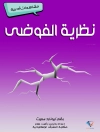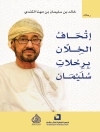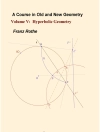Medieval Europe was a meeting place for the Christian, Jewish, and Islamic civilizations, and the fertile intellectual exchange of these cultures can be seen in the mathematical developments of the time. This sourcebook presents original Latin, Hebrew, and Arabic sources of medieval mathematics, and shows their cross-cultural influences. Most of the Hebrew and Arabic sources appear here in translation for the first time.
Readers will discover key mathematical revelations, foundational texts, and sophisticated writings by Latin, Hebrew, and Arabic-speaking mathematicians, including Abner of Burgos’s elegant arguments proving results on the conchoid—a curve previously unknown in medieval Europe; Levi ben Gershon’s use of mathematical induction in combinatorial proofs; Al-Mu’taman Ibn Hūd’s extensive survey of mathematics, which included proofs of Heron’s Theorem and Ceva’s Theorem; and Muhyī al-Dīn al-Maghribī’s interesting proof of Euclid’s parallel postulate. The book includes a general introduction, section introductions, footnotes, and references.
The Sourcebook in the Mathematics of Medieval Europe and North Africa will be indispensable to anyone seeking out the important historical sources of premodern mathematics.
Circa l’autore
Victor J. Katz is professor of mathematics emeritus at the University of the District of Columbia.
Menso Folkerts is professor emeritus of the history of science at the Ludwig Maximilian University of Munich.
Barnabas Hughes is professor emeritus of secondary education at California State University, Northridge.
Roi Wagner is a research fellow at the Minerva Humanities Center at Tel Aviv University.
J.
Lennart Berggren is professor emeritus of the history of mathematics at Simon Fraser University in Canada.






